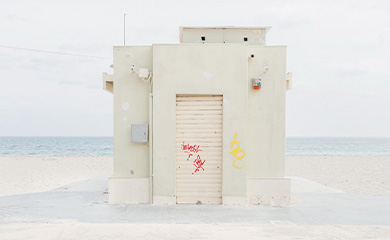When citizens engage in projects of urban revitalization and environmental stewardship, a small miracle occurs, reaffirming the true meaning of “public.” A growing trend is the conversion of urban green spaces into community gardens, where citizens care for the soil and practice urban agriculture. This transforms agriculture from a subsistence activity into something aesthetic and emotional, offering a rehabilitative connection to the land. These practices, free from the burdens of rural life, allow urban dwellers to reconnect with the earth in a pre-industrial way, often with an artistic touch. SpazioComune embraces both spontaneous and institutional initiatives in which citizens care for shared green spaces and reclaim basic subsistence practices, redefining what it means to be a “citizen.” In Porto, I met Laura and Antonio, who, after discovering the neglected Fontaínhas area, decided to act. In 2013, erosion forced the evacuation of the area, leaving it at risk of becoming a dumping ground or worse. Sr. Teixeira initiated a cleaning effort by organizing the terraces along the slope, and gardens emerged out of local necessity. One of these gardens, Bananeira, was created during the pandemic and is a prime example of civic action. SpazioComune also includes organized efforts like those by Lipor, which combines organic waste collection, composting, and environmental education to promote sustainable urban agriculture. Through such efforts, people like Letícia and Vítor, who received a garden spot after a long wait, invest their energy in soil care and crop management. Their commitment, along with the broader civic spirit, highlights the power of creating common spaces through action and shared goals.





















